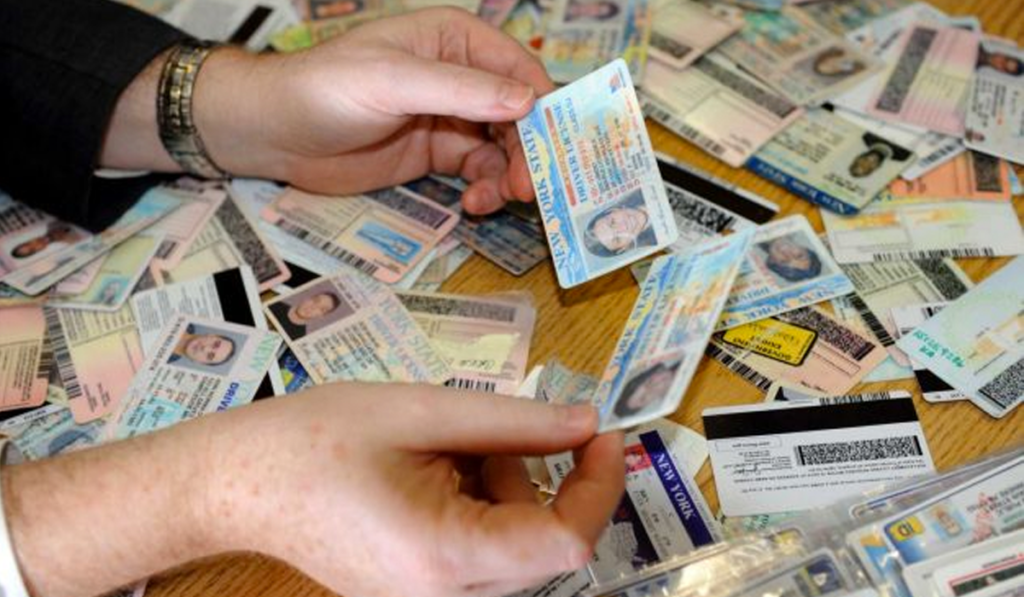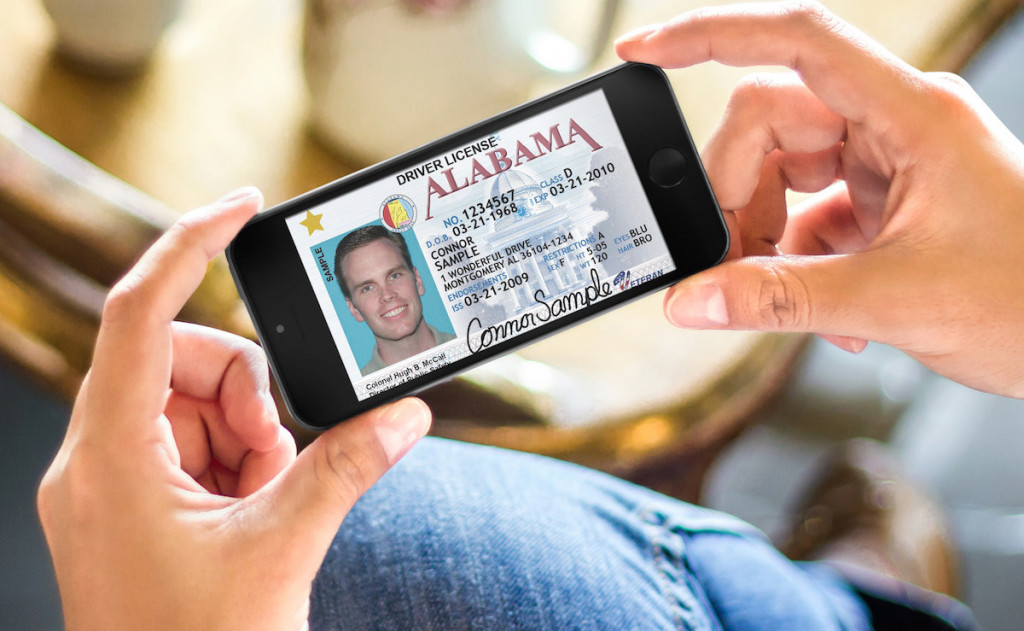States scramble to comply with federal ID law

Several states have struggled for years to comply with the REAL ID Act, a 2005 federal law that requires state driver’s licenses and ID cards to have security enhancements and to be issued to people who can prove they are legally in the United States. With a January deadline looming, lawmakers across the country have been scrambling for legislative fixes so residents can board flights and travel without confusion. Washington state was the latest to try to bring its system in line with those requirements, as Gov. Jay Inslee signed a measure Tuesday creating a two-tiered licensing system. Here’s a look at the federal law and the potential impacts: — REAL ID ACT The law was passed by Congress after the 2001 terrorist attacks to strengthen rules for government-sanctioned identification. It sets minimum standards for government-issued identification such as driver’s licenses that are required to enter certain areas in federal buildings or board commercial airplanes. Those standards include requiring applicants to provide proof of identity and legal US residency, and states to use counterfeit-resistant security features in the IDs. — STATUS OF STATES’ COMPLIANCE Just 25 states and the District of Columbia are currently in compliance with the federal law, though most of the remaining states and territories have been granted extensions of various dates, according to the Department of Homeland Security’s website . Maine, Minnesota, Missouri and Montana are the only states currently listed as not compliant with the law and without an extension from the federal government. However, Maine’s governor last month signed a REAL ID compliance bill passed by the Legislature, and Montana and Missouri this year have both passed bills awaiting their governors’ signatures. Several other states are considering bills related to REAL ID compliance, including Alaska, Minnesota, Oregon and Pennsylvania. Governors in Kentucky, Oklahoma and South Carolina also have signed REAL ID compliance bills this year. — WHY HAVE SOME STATES BALKED AT FOLLOWING THE FEDERAL RULE? Some liberal and conservative states have objected to the new rules, with concerns ranging from discrimination to worries that law-abiding U.S. citizens could be tracked using the new system. Others have opposed the U.S. government unilaterally setting standards in an area traditionally handled by states. —— WHAT LACK OF COMPLIANCE MEANS FOR STATES Residents of states that are in compliance have until Oct. 21, 2020, before being required to show the REAL ID compliant identification. Residents of states that aren’t in compliance with REAL ID and don’t have an extension need additional identification for access to some military bases and federal facilities and, starting on Jan. 22, 2018, to board commercial flights. — WHAT WASHINGTON STATE’S NEW LAW DOES Washington state already offers – but does not mandate – enhanced driver’s licenses and IDs that require proof of U.S. citizenship and are valid under the federal law. The state also issues standard licenses that don’t comply with the federal rule. Starting in July 2018, those standard licenses will be marked to indicate they are not REAL ID compliant. People will have a choice of which license they want. Those with the non-compliant licenses will need additional documentation – such as a passport or permanent resident card – to board domestic commercial flights, most likely starting in October 2020. Republished with permission of the Associated Press.
Robert Bentley vetoes bill requiring longer driver’s license office hours in Alabama

A widely passed bill requiring driver’s license offices across the state to be open a minimum of two days a week was pocket vetoed by Alabama Gov. Robert Bentley Monday, after the time during which he had to either veto or sign the bill expired. Because the pocket veto occurred after the Alabama Legislature had already concluded the session during which the bill was passed, the effort is dead for the year. The bill passed on the last day of the 2016 Regular Session, earning a vote of 24-3 in the Senate, and 99-1 in the House. The legislation was introduced during the budget fights of 2015’s multiple sessions after the Alabama Law Enforcement Agency decided to close down 31 of the state’s lowest-utilized driver’s license offices, including 10 in the already under-served agricultural “Black Belt” region. After a significant public outcry over the closures, many of the offices were reopened on a part-time basis, for as little as one day a month. Civil Rights activist Jesse Jackson even came to Alabama in October of last year to protest the bill, and have a conversation with the governor and other elected leaders in the state. The bill’s sponsor, Democratic Sen. Hank Sanders of Selma, says he is disappointed by the pocket veto, but plans on introducing the bill again in either a Special Session later this year or during 2017’s Regular Session. Supporters of the bill say they’d even be amenable to having the driver’s license offices open only one day a week, as was almost included in an amendment that was tabled due to timing concerns. “I’m not going to quit trying,” Sanders said. “I want every county to have a place where people can go on a weekly basis to get a driver’s license.” As of publishing time, the governor’s office had given no indication of why Bentley chose not to sign the bill into law.
Bill would require driver’s license offices open 2 days weekly

Lawmakers in Alabama are considering a bill that would require the Alabama Law Enforcement Agency (ALEA) to open driver’s license offices at least two days a week in every county. More than 30 offices were closed last year by budget cuts, though most were reopened after public outcry. Concern was raised that the closings would limit people’s access to identification required for voting, as well as the ability to attain driver’s license. SB172 from Sen. Hank Sanders (D-Selma) garnered a unanimous favorable report from members of the Senate Committee on General Fund Finance and Taxation, despite some noting that the bill needed revisions. Sanders’ legislation is slated to go before the Senate soon. ALEA estimates that the cost of opening the offices for additional days will cost $1.35 million annually. In January, ALEA Secretary Spencer Collier told legislators in budget hearings that his department needed an additional $23 million in funding to remain operational. ALEA did not respond to multiple requests for comment on the impact of the legislation.


